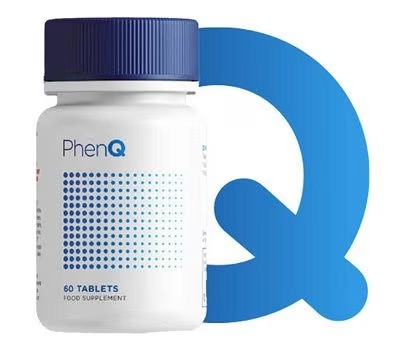Introduction
In today’s world, where the pursuit of weight loss is a common goal, weight loss pills have gained significant popularity. With promises of quick and effortless results, it’s essential to understand the effectiveness and potential risks associated with these pills. This article aims to explore the question, “Do weight loss pills work?” by examining the scientific evidence, benefits, drawbacks, and providing insights for individuals seeking reliable solutions for their weight loss journey.
Understanding Weight Loss Pills
Weight loss pills, also known as diet pills or anti-obesity medication, are pharmaceuticals or natural supplements designed to aid weight loss by suppressing appetite, increasing metabolism, or reducing the absorption of fat. These pills are widely available and offer an alternative approach for individuals struggling to lose weight through conventional methods such as diet and exercise.
Types of Weight Loss Pills
There are various types of weight loss pills available in the market, each with its unique mechanism of action. Some common types include:
- Appetite Suppressants: These pills work by reducing hunger cravings and promoting a feeling of fullness.
- Fat Burners: These pills aim to increase the body’s metabolic rate, allowing for more calories to be burned.
- Carb Blockers: These pills inhibit the absorption of carbohydrates in the body, reducing the calorie intake from carbs.
- Thermogenics: These pills increase body heat production, leading to enhanced calorie burning.
The Science Behind Weight Loss Pills
Weight loss pills often contain ingredients that target specific biological processes related to weight loss. For example, appetite suppressants may contain substances that affect certain hormones responsible for hunger signals. Fat burners may include compounds that stimulate the breakdown of stored fat cells.
While some ingredients in weight loss pills have shown potential in scientific studies, it’s crucial to note that not all pills are created equal. The effectiveness of these pills varies, and it’s essential to choose reputable brands with evidence-backed ingredients.
Effectiveness of Weight Loss Pills
The effectiveness of weight loss pills can vary depending on various factors, including the individual’s metabolism, lifestyle habits, and adherence to the recommended dosage. While weight loss pills may assist in shedding a few pounds, they are not a magical solution for long-term weight management.
Scientific studies have shown that certain weight loss pills can lead to modest weight loss when combined with a calorie-controlled diet and regular exercise. However, the results are often more significant in the initial stages and tend to plateau over time.
Benefits of Weight Loss Pills
Weight loss pills can offer several benefits to individuals on their weight loss journey:
- Appetite Control: Some weight loss pills help curb cravings and promote portion control, making it easier to adhere to a calorie-restricted diet.
- Increased Metabolism: Certain pills can boost metabolic rate, allowing for more efficient calorie burning.
- Motivation and Support: Weight loss pills can provide individuals with a sense of support and motivation during their

